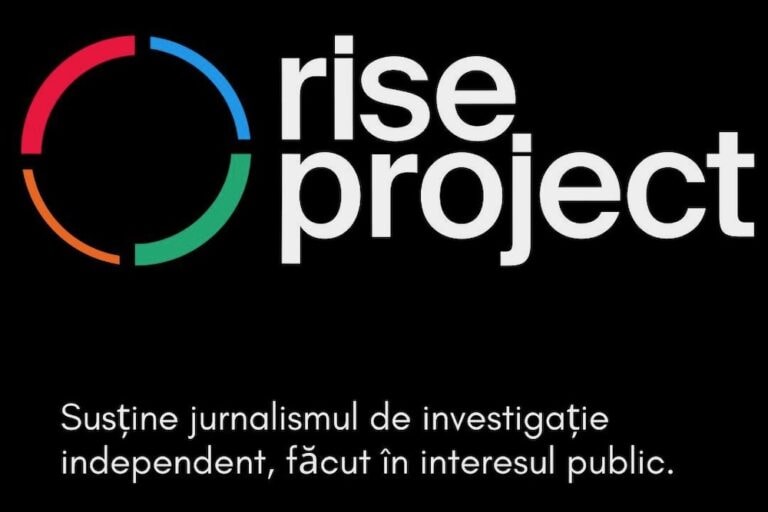(ARTICLE 19/IFEX) – The following is a declaration signed by participants at a 27 to 28 June 2003 conference on “Defamation in South East Europe”, organised by ARTICLE 19, the Romanian Helsinki Committee and the Center for Independent Journalism: Declaration We, the participants (1) of the conference on ‘Defamation in South East Europe’, organised by […]
(ARTICLE 19/IFEX) – The following is a declaration signed by participants at a 27 to 28 June 2003 conference on “Defamation in South East Europe”, organised by ARTICLE 19, the Romanian Helsinki Committee and the Center for Independent Journalism:
Declaration
We, the participants (1) of the conference on ‘Defamation in South East Europe’, organised by ARTICLE 19, the Center for Independent Journalism and the Romanian Helsinki Committee, having met in Bucharest on 27/28th June 2003;
Recalling and reaffirming:
The conclusions of the Regional Conference on Defamation and Freedom of Expression organised by the Council of Europe, on 17-18th October 2002, in particular;
– that alternative effective remedies to litigation, such as mediation or the publication of an apology or a correction or a reply, should be encouraged in cases of defamation and insult in order to reduce the number of lawsuits on these grounds. Where such alternative remedies are obtained, it should not be possible to have recourse to court proceedings.
Welcoming:
The positive steps taken by the Romanian government, in consultation with civil society, to amend the provisions for insult and slander in the Romanian Criminal Code, in particular;
– the removal of the offence of insult (Art. 205 of the current Criminal Code);
– the removal of prison sentences for the offence of slander (Art. 206 of the current Criminal Code);
– the removal of offences of “affront to the nation”, “affront to the signs and symbols of Romania and the authorities” and “offences against the symbols of a foreign State” (Art.238 of the current Criminal Code).
Recommend that:
The Romanian authorities consider additional amendments to the current Criminal Code and remove some proposed amendments in the draft Criminal Code, in order to bring it fully into line with international standards as established by the European Court of Human Rights:
– remove the offence of slander for both natural and legal persons from the current Criminal Code (Art.205);
– remove the offence of dissemination of false information or news which exerts an unacceptable chilling effect on freedom of expression (Art.273 of the draft Criminal Code);
– remove the reference to ‘office secret’ in Art.285 of the draft Criminal Code, as it has no bearing on the legitimate aim of protecting national security;
– remove the offence of ‘outrage to public officials committed by threat’ as it awards greater protection to public officials than ordinary people.
All governments in countries of South East Europe:
– Aim to abolish criminal defamation laws and replace them, where necessary, with appropriate civil defamation laws;
– Abolish prison sentences or heavy fines or damages for defamation;
– Abolish defamation of the state, its emblems or insignia;
– Develop new laws on defamation in a broad consultative process including civil society;
– Refrain from abusing defamation laws to stifle critical reporting and public debate.
This latter recommendation is aimed particularly at politicians and government officials in Albania, where the threat of suing journalists for defamation is increasingly being used by politicians to suppress critical reporting.
All media professionals in countries of South East Europe:
– Introduce and/or implement existing codes of ethics for journalists;
– Develop independent self-regulatory bodies in a transparent and consultative process which allows for a diverse approach from different journalists’ associations;
– Make the code of ethics widely known to the public.
The judiciary of countries of South East Europe:
– Implement and enforce the principles and precedents established by the European Court of Human Rights and other international conventions, as specified above in the recommendations to governments;
– Provide training on the implications of international human rights obligations for the legal system in the respective country and ensure that translations of European Court jurisprudence are made widely available;
– Ensure access to court judgements to improve judicial transparency and thereby guard against corruption;
– Broadly publicise civil defamation judgements, to raise awareness of their effectiveness as a remedy for defamation.
NGOs in countries of South East Europe:
– Lobby for legal reform to decriminalise defamation;
– Raise public awareness of provisions in domestic law that provide for remedies, other than resort to criminal procedure, for protection of reputation;
– Lobby the Supreme Court to issue recommendations on the application of European Court of Human Rights jurisprudence;
– Provide training for media lawyers, judges and journalists on international standards relating to defamation law;
– Provide training for journalists on professional ethics and how to write critical articles without being sued.
Bucharest 28th June 2003
(1) Participants included representatives from Albania, Bosnia and Herzegovina, Bulgaria, Croatia, Kosovo, Moldova, Romania, Serbia and Montenegro.


